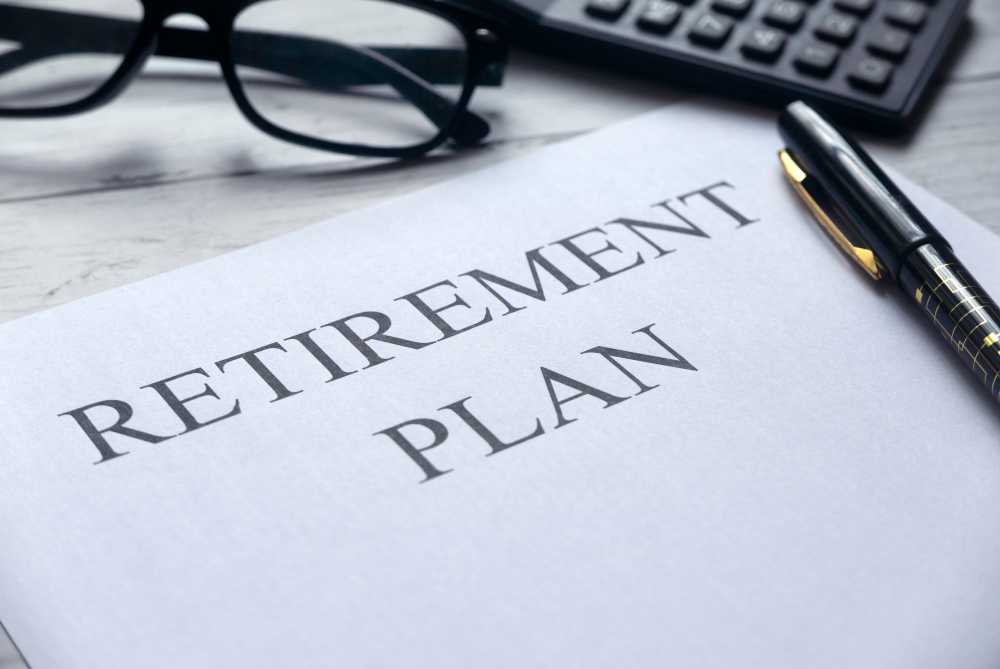Retirement Planning for Seniors
Preparing for retirement is a critical step in ensuring financial stability in your golden years.
Here are some steps to help you get ready for retirement:
Determine your retirement goals: What kind of lifestyle do you want to have in retirement? Do you want to travel, buy a second home, or start a business?
Having a clear idea of your goals will help you determine how much money you will need in retirement.
Calculate your expenses: Make a budget that includes all of your expected expenses in retirement, including housing, food, healthcare, and leisure activities.
Assess your current savings: Check your retirement accounts, to see how much money you have saved and how much you will need to save each month to reach your goals.
Start or continue saving: If you haven’t already, start contributing to a retirement account as soon as possible. The earlier you start, the more time your money has to grow through compounding interest. Consider increasing your contribution if you can afford to do so.
Consider additional sources of income: Social Security, a pension, and annuities are all potential sources of retirement income. Review your options and plan accordingly.
Be mindful of taxes: Retirement accounts are taxed differently, so be aware of the tax implications of your investments. You may also want to consider working with a financial advisor to help you manage your taxes in retirement.
Consider long-term care: As you age, you may need assistance with daily tasks. Plan for the potential costs of long-term care, whether it’s through insurance, savings, or a combination of both.
Re-evaluate regularly: Your goals and financial situation may change over time, so it’s important to reevaluate your retirement plan regularly. Adjust your savings and investments accordingly to make sure you’re on track.
Preparing for retirement takes time and effort, but it’s worth it in the end. By being prepared, the challenges and safety issues will seem less daunting throughout your golden years.

Seniors who are retiring often face a number of challenges and problems, including:
Financial insecurity: Many seniors struggle with how to make their retirement savings last and how to cover the costs of living, healthcare, and long-term
Health issues: As people age, they are more likely to experience health problems that can impact their quality of life and increase their healthcare
Loneliness and isolation: Retirement can lead to feelings of loneliness and isolation, especially for seniors who are no longer working and may not have a strong social
Decline in mental and physical health: With age, seniors may experience cognitive decline, depression, and a decline in physical health, which can impact their ability to live independently and enjoy their retirement.
Lack of purpose: After a lifetime of work, many seniors find it difficult to adjust to retirement and may feel like they lack a sense of purpose or direction in
Housing insecurity: Some seniors may face housing insecurity, especially if they are struggling to pay for their home or are unable to maintain

Helpful Tips To Help Retired Seniors Stay Safe
Exercise regularly: Exercise can help seniors maintain their physical and mental health and reduce the risk of falls and other accidents.
Eat a healthy diet: A balanced diet can help seniors maintain their health and reduce the risk of chronic conditions like heart disease, diabetes, and high blood pressure.
Stay socially connected: Regular social interaction can help seniors avoid loneliness and depression and maintain a strong support network.
Stay active mentally: Engaging in mentally stimulating activities like reading, playing games, or solving puzzles can help seniors maintain their cognitive abilities and reduce the risk of dementia.
Stay informed about their health: Regular check-ups and screenings can help seniors stay on top of their health and detect and treat conditions early.
Take precautions to avoid accidents: Seniors can stay safe by making their homes safer, using assistive devices like walkers or canes, and taking care when using stairs and bathtubs.
Plan for emergencies: Seniors should have an emergency plan in place, including a list of emergency contacts, and make sure that their loved ones know how to access this information if needed.
Get support: Seniors can get support from family, friends, community groups, and healthcare providers to help them stay safe and maintain their independence.
Get Protected: Contact Senior Protection to learn about our medical alert devices and personal emergency response services. You will be surprised how affordable safety can really be.
Contact Senior Protection Today & Choose Your Level of Protection, Call Now 1 866 416 0838

